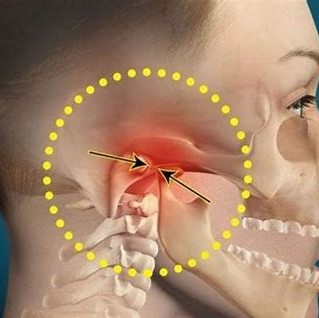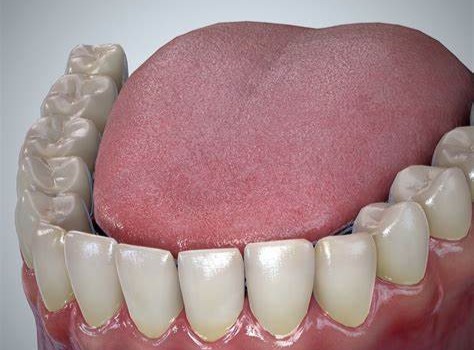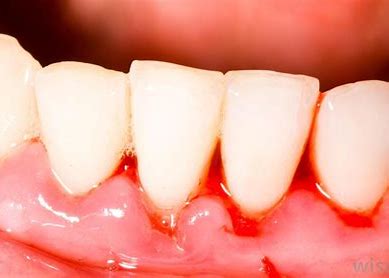The temporomandibular joint (TMJ) is located in front of the ear and connects the jawbone to the skull. It is responsible for the movement of the lower jaw, allowing us to talk, chew, and yawn. However, any problem with the TMJ can result in pain, discomfort, and dysfunction. One possible cause of TMJ disorder is the wisdom molar teeth.
Wisdom molar teeth are the last set of teeth to erupt in the mouth. They usually appear between the ages of 17 and 25. In some cases, wisdom teeth may cause no problems at all. However, for many people, wisdom teeth can cause issues such as overcrowding, infection, and decay. When wisdom teeth are not able to emerge fully, they are classified as impacted. Impacted wisdom teeth can have a significant impact on the TMJ.
Impacted wisdom teeth can cause a misalignment of the jaw. When the jaw is misaligned, it can put pressure on the TMJ, leading to pain and discomfort. Furthermore, the pressure can cause the TMJ to become inflamed, leading to TMJ disorder. TMJ disorder can cause a wide range of symptoms such as pain in the jaw joint, face, and ear, clicking or popping sounds when opening and closing the mouth, and difficulty opening or closing the mouth.
Another way in which wisdom teeth can cause TMJ disorder is through the habit of clenching or grinding teeth. Impacted wisdom teeth can make it difficult to bite and chew properly, which can result in clenching or grinding of teeth. This can cause stress on the TMJ, leading to pain and discomfort. The more the habit is repeated, the more significant the impact on the TMJ, which can ultimately lead to TMJ disorder.
It is important to note that not all cases of TMJ disorder are caused by wisdom teeth. Other factors such as trauma, arthritis, and chronic stress can also contribute to TMJ disorder. However, if you are experiencing pain in the jaw joint, face, or ear, or difficulty opening or closing your mouth, it is important to get it checked out by a dentist or TMJ specialist.
CONCLUSION
The wisdom molar teeth can cause TMJ disorder or dysfunction. Impacted wisdom teeth and the resulting misalignment of the jaw can put pressure on the TMJ, leading to pain and discomfort. Furthermore, clenching or grinding teeth due to impacted wisdom teeth can also contribute to TMJ disorder. If you are experiencing symptoms of TMJ disorder, it is crucial to seek professional advice to prevent further damage and ensure effective treatment.
FAQs
Q: What is TMJ dysfunction?
A: TMJ dysfunction or temporomandibular joint dysfunction is a condition where the joints that connect your jawbone to your skull become painful and inflamed.
Q: Can wisdom teeth cause TMJ dysfunction?
A: Yes, wisdom teeth that are impacted or do not have enough room to grow can cause TMJ dysfunction.
Q: What are the symptoms of TMJ dysfunction caused by wisdom teeth?
A: The symptoms can include jaw pain, headaches, pain in the ears, difficulty in opening and closing the mouth, and popping or clicking sounds when the jaw moves.
Q: How is TMJ dysfunction caused by wisdom teeth treated?
A: Treatment options can range from pain management to wisdom teeth removal surgery.
Q: Are there any home remedies that can provide relief from TMJ dysfunction caused by wisdom teeth?
A: Applying warm compresses to the affected area, taking over-the-counter pain medication, and practicing relaxation techniques can provide some relief.
Q: Can TMJ dysfunction caused by wisdom teeth be prevented?
A: You can reduce your risk of developing TMJ dysfunction caused by wisdom teeth by practicing good oral hygiene and visiting your dentist regularly.
Q: How long does it take to recover from wisdom teeth removal surgery?
A: Recovery time can vary depending on the individual, but it typically takes about a week to ten days to fully recover.
Q: Are there any risks associated with wisdom teeth removal surgery?
A: Like any surgery, there are some risks associated with wisdom teeth removal, such as infection, swelling, bleeding, and nerve damage. Your oral surgeon will discuss these risks with you prior to the surgery.




